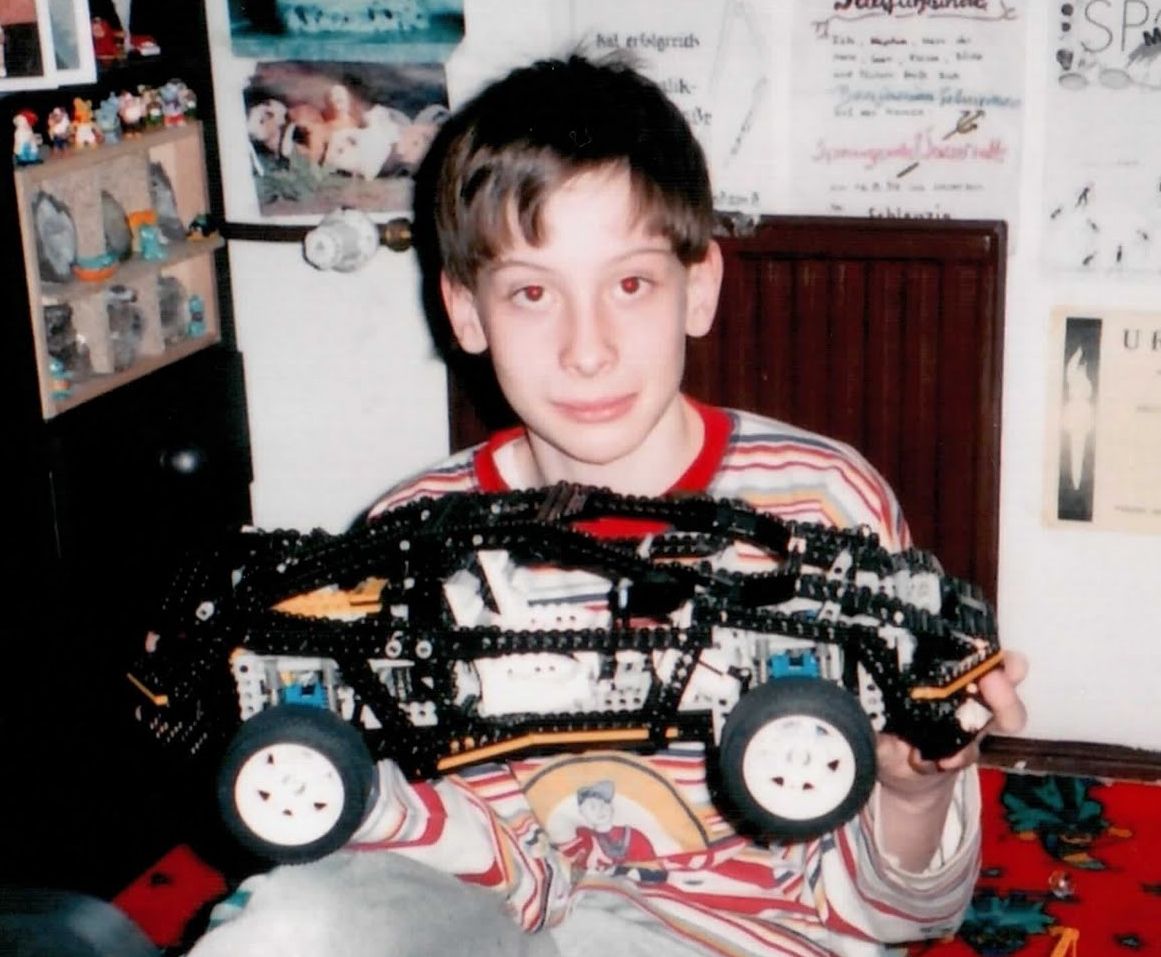DO YOU WONDER IF A CAREER IN SIMULATION CONSULTING IS FOR YOU? DO YOU WANT TO ADVANCE FROM WHERE YOU ARE? FROM MY OWN JOURNEY, LEARN WHAT TO AVOID AND WHAT TO PURSUE TO BECOME AN EXPERT IN SIMULATION.
I bet only few people have a typical workday like my own: In the morning, I optimize aircraft engine repair, over lunch I position chocolates in a supermarket and eventually I evacuate casualties from war zones efficiently. This can be interrupted by the occasional decision of how many aircraft to buy in the future for the UK government or answering what caused the latest economic down turn.

It takes a lot of time to become an expert. If only I'd continue to improve my Lego skills...
Empty space, drag to resize
The life of a simulation modeller can be very colourful. But is it for you? Would you like to pursue that avenue and join experts around the globe that help make big decisions based on good models of reality? I embarked on the journey many years ago and never regretted it. Let me highlight the key do’s and don’ts to become an expert in simulation using my own story.
I was used to doing lots of simulation as part of my Aerospace Engineering undergraduate degree. However, I first came across a proper process simulation tool at the very start of my MSc when my supervisor wanted a piece of modelling done in AnyLogic. I started to learn it by myself but luckily, that same supervisor wanted to learn it himself: he organized an official training course run by an expert in the field, Dave Buxton (whom we will meet again below). With these foundations, I could finally start to explore the software in depth. Deciding to continue for a PhD now gave me three years to go down every alley, check out every last amazing feature (and the occasional quirk).
I started to present at simulation conferences and networked with the developers of AnyLogic, specifically. One day, I popped into Dave Buxton again at a conference and bluntly told him I’d like to work with him, knowing that his work days look like what I described above. A few months later, he invited me to create a (then modest) simulation tool for the MoD. I put in all my expertise and people liked it.
So after finishing my PhD, I was kindly offered a job with Dave’s new company decisionLab, which is where I am Senior Modeller now. And honestly, many of my days are as exciting and colorful as I said above!

Only practice makes perfection!
Empty space, drag to resize
- Practice: do not expect to become an expert overnight. A rough estimate puts my near the famous 10,000 hour rule (do something for 10,000 hours and you become an expert in it) of using AnyLogic. You will need to invest time to truly master simulation. I am by no means at the end of that journey, learning new things every day.
- Even if you don’t have the luxury of doing a PhD in simulation, keep exploring and applying new features. Do not stick to how you always solved problems. Modern simulation tools continuously provide new features and some make your life so much easier!
- A good mentor is hard to find but very useful. It doesn’t have to be the traditional “can you be my mentor, please” scheme. But a place to learn from people, share knowledge and ask questions is extremely useful. Conferences, forums and personal networking go a long way.
- You cannot become an expert by just following training books or building toy models. You must start working on real models asap. Be that for research or actual clients. If you are not in a position to deliver that, offer pro-bono consulting.
- Avoid building and extending the same model for years on end. At some point, you won’t learn anything new. It is so rewarding to have new challenges (new industry, new client, new research area) and apply your existing modelling skills. They will broaden automatically.
- Avoid modelling by yourself. I found that taking over a model from someone else or building one collaboratively is vastly more valuable. Especially trying to understand someone else’s model is much more difficult than you’d think. This teaches you to improve your own models (and document them well!).



